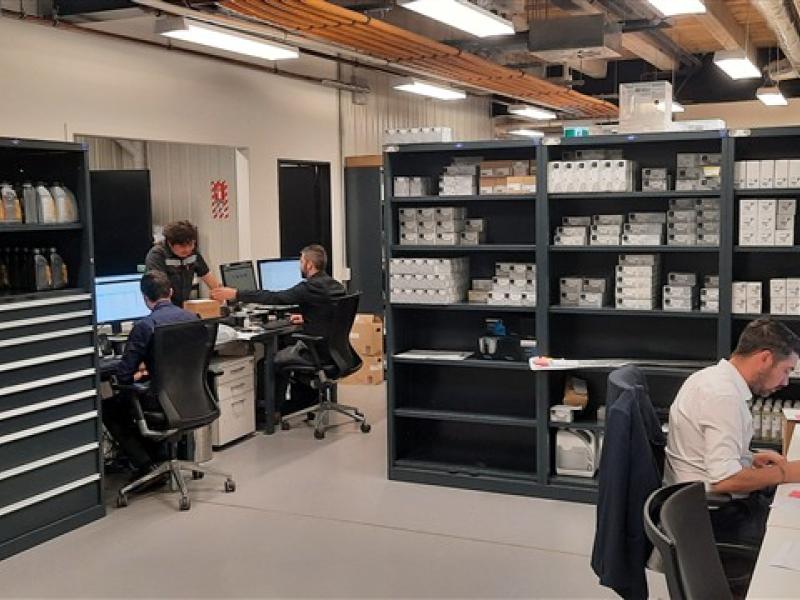Adrienne Begbie, Managing Director of Prospa NZ, discusses the impact of the recession on small businesses in New Zealand and offers practical strategies for navigating these challenging times.
The dreaded R word – Recession. It’s a loaded word that gets thrown around. People stiffen just at the sound of it. New Zealand is experiencing its second recession in 18 months. But what does this mean for small businesses and how can they navigate these tricky periods?
The first thing to note is that recessions are common and as a business owner you will see many of them over the years. A recession typically lasts around six months, so learning strategies for getting through them is a must. And remember that specialist advisors exist to help with these questions and can be invaluable when it comes to decision making and quick problem solving.
ASBs Chief Economist Nick Tuffley predicts that by the end of this year inflation will be back below three percent and spending will have picked up. The key right now is to focus on short term decision-making that will help you get your business through until then.
1. Managing cashflow
What will immediately help? In many cases, short-term loans can cover cash flow shortfalls for things like supplier invoices and payroll. While cashflow fluctuations are a part of running a business, additional funds can ensure that late payments don’t impact operations and staff are paid in a timely manner.
One thing we can observe in the wider economy is that jobs are being cut, and Employment Minister Louise Upston has warned this could lead to a brain drain as Kiwi talent moves offshore to seek other opportunities. While changes in staff rostering may be necessary, keeping highly-skilled workers is essential to business survival and success.
2. Retaining staff
Good employees are like gold and are often the most important asset a business has. As a small business owner, you’re juggling various roles and responsibilities. And it can be understandably easy to let employee relations and engagement slip down the list of priorities. Happy staff are less likely to leave and look for something else. Try not to cut hours to save on money unless it’s absolutely necessary and look for ways to recognise the efforts of employees.
3. Managing stock
Another tip for small businesses in a recession is to not overbuy stock, because in a slow consumer market you could be left with unsold inventory. It’s better overall to sell out of products, or ensure that your stock levels meet the current level of demand.
4. Managing costs
Look at ways to manage costs, such as overheads. It’s worth trying to negotiate on your contractual terms with suppliers and landlords to provide some breathing space from outgoings.
5. Engage your existing customers
An invaluable asset that demands your attention in tough times is a loyal customer base. Pressure on family budgets means people are changing the way they shop and forgoing luxuries to cope with existing costs. With many people facing a hike in mortgage repayments this year, this could mean even more penny pinching. This is when a strong customer relationship might mean the difference between a person giving their hard-earned dollar to your business or someone else’s. Loyalty can go a long way and everyday people still dig deep to support businesses they love.
Look at ways you can engage with your existing customers through social media, utilising customer feedback, offering incentives, encouraging customer reviews and testimonials and improving customer service.
6. Review your marketing strategy
Another short term solution may be to cut some fat from your marketing budget, by looking for free or very cheap options – frequently telling stories about what you do better than everyone else on social media for example – and ensuring any allocated budget is actually delivering a return on investment.
Business is indeed hard at the moment, but there are still thriving businesses out there. It’s a time to double down on what you do well, take care of your employees, streamline and cut costs wherever you can – and know that it’s a short-term challenge. So, keep your eyes on the prize."
Courtesy NZBusiness magazine






